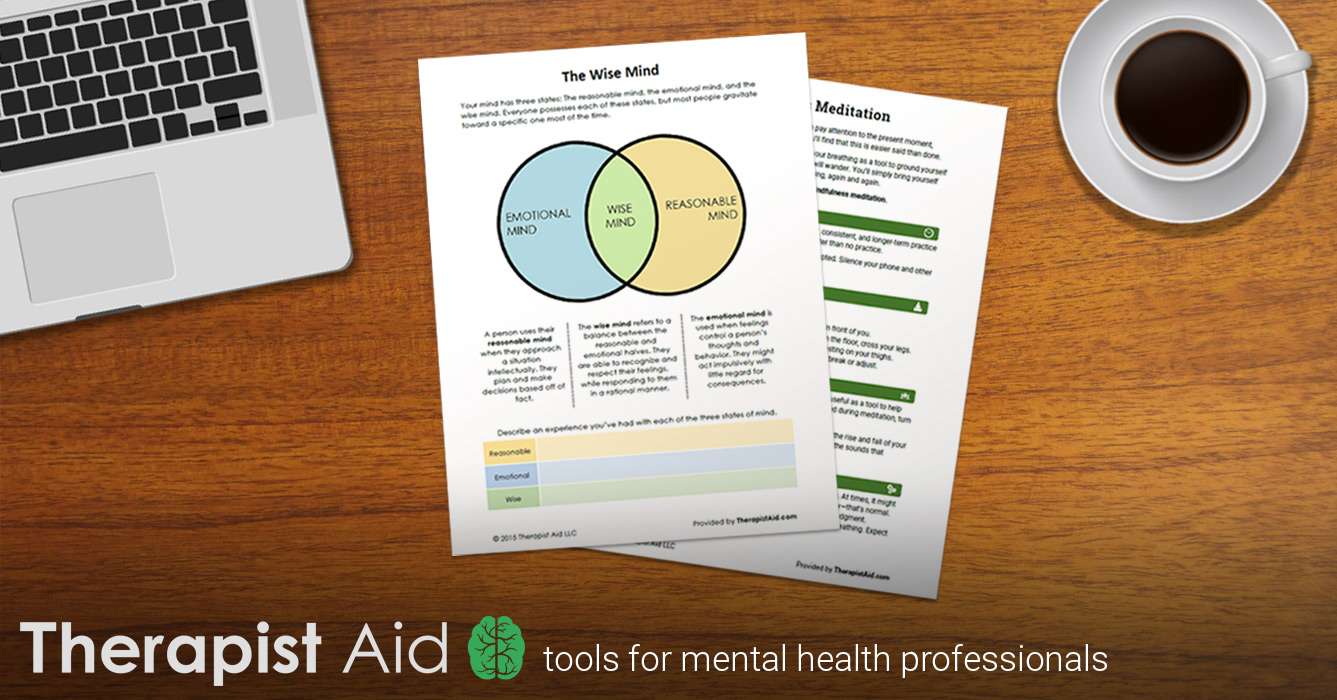Overview
What is aphonia?
If you have aphonia or loss of voice, it means you can’t make yourself heard because your voice sounds hoarse, or you can‘t speak above a whisper. Sometimes you can’t speak at all. Other times you may not want to speak because you think your voice sounds strange or different. Aphonia is a voice disorder that can affect anyone but is often seen in people who constantly raise their voice to be heard. Healthcare providers treat aphonia with voice therapy exercises.
Who’s affected by aphonia?
Researchers estimate approximately 3% to 9% of people in the United States deal with aphonia. But some healthcare providers think the actual number is higher, as many people do not seek medical help when they lose their voice.
Symptoms and Causes
What are the symptoms of aphonia?
The most common — and most obvious — symptom is not being able to speak up or be heard when you speak. Suddenly losing your voice is another aphonia symptom.
What are the causes of aphonia?
Aphonia is considered a functional voice disorder. People who have functional aphonia are fine physically. They may have lost their voice because they aren’t using their voice normally.
Using your voice normally may look easy but in reality relies on careful coordination between your respiratory system, your larynx, throat, nose and mouth.
- Your respiratory system drives airflow that powers your voice. If you’re not breathing properly, you may have trouble using your voice.
- Your larynx (voice box) houses your vocal cords, which are also called vocal folds. Your larynx has a set of muscles called the phonatory muscles. These muscles move your vocal cords together. When air from your lungs flows past your vocal folds, they begin to vibrate, creating sound waves. (Think how a breeze can make a wind chime ring.)
- Those sound waves travel through your throat, nose and mouth. These are called resonating cavities.
What kinds of activities cause voice problems?
You may have guessed — or experienced — that bellowing non-stop during an hour-long soccer match will take a toll on your voice. (Healthcare providers call this phonotrauma.)
But for some people, damaging their voice is an occupational hazard. Here are some examples of what healthcare providers call vocal fatigue:
- Teachers who spend their days speaking loudly to attract and keep their students’ attention.
- People working in factories or around machinery who constantly need to raise their voices to be heard.
- Telemarketers and people who spend their workday talking on the telephone.
- Professional speakers and professional singers.
What is psychogenic aphonia?
Psychogenic aphonia, or psychogenic conversion aphonia, is when you suddenly lose your voice due to emotional or psychological stress. People who have psychogenic aphonia can speak but only in strained whispers.
What’s the difference between psychogenic aphonia and hysterical aphonia?
The terms hysterical aphonia and psychogenic aphonia both describe losing your voice because of emotional or psychological distress.
Diagnosis and Tests
How do healthcare providers diagnose aphonia?
Providers start diagnosis by asking about your voice problem. For example, they may ask you to describe your problem, when it started and if your voice problem comes and goes. (Providers will find ways you can tell your story even though you can’t speak as you normally do.)
They may ask about your medical history and general health. They may also ask how you use your voice. Providers call this your daily voice hygiene.
What tests will be done to diagnose this condition?
Healthcare providers may want to examine your larynx. Here are examples of tests they may perform:
- Rigid laryngoscopy. Your provider will slide a rigid tube or endoscopy into your mouth and then hold your tongue still so they can view your larynx.
- Flexible laryngoscopy. This test is done with a flexible tube that your provider passes through your nose to the back of your throat. You may be asked to talk, sing or cough so your provider can view your larynx in action.
Management and Treatment
How is aphonia treated?
Healthcare providers typically treat aphonia with voice therapy. Your provider may recommend you work with a speech therapist. Your therapist will tailor treatment to your specific situation. Treatment may include breathing exercises and voice exercises.
How do healthcare providers treat psychogenic aphonia?
Psychogenic aphonia is loss of voice due to emotional or psychological stress. Providers typically recommend you combine mental health therapy with speech therapy.
What are homeopathic treatments for aphonia?
Homeopathic aphonia treatments focus on easing physical symptoms such as hoarseness. Lemon water or a warm drink made with water, honey and thyme are examples of homeopathic aphonia treatments. Ask your healthcare provider about adding homeopathic treatment to your treatment plan.
Prevention
How can I prevent aphonia?
Aphonia typically happens when you overuse your voice or strain your voice. Fortunately, there are several things you can to protect your voice even if you need to speak up to do your job. Here are some suggestions:
- Practice good breathing techniques. Give your throat a rest by taking deep breaths from your chest or diaphragm.
- Consider using a small personal microphone if your job requires you to speak up.
- Try to avoid extended conversations in noisy places.
- Show your support at athletic events, concerts and other events by doing something other than shouting or screaming.
Outlook / Prognosis
What can I expect if I have aphonia?
Most people who have aphonia recover their lost voices after speech therapy. If you have aphonia, you may benefit from information on protecting your voice.
Living With
How do I take care of myself?
Aphonia happens when you strain your voice. Once your voice is back, here are some steps you can take to keep your voice strong:
- Stay hydrated. Drinking water throughout the day is a great way to keep your throat from drying out.
- Take vocal naps. Rest your voice when you can.
- Avoid medications that dry out your vocal folds. If you use cold or allergy medications, ask your healthcare provider to recommend medications you can use.
- Try to get regular exercise. Exercise is a natural way to improve your breathing.
Frequently Asked Questions
What’s the difference between aphonia and dysphonia?
Dysphonia happens when there’s something wrong with the structure of your mouth, tongue, throat or vocal cords. Velopharyngeal dysfunction (VPD) is an example of dysphonia. If you have aphonia, your vocal structure is fine but you’re not using your voice the right way.
What is aphonia clericorum?
Aphonia clericorum is when you lose your voice after injuring your larynx or having a disease that affects your larynx, such as laryngeal cancer.
A note from Cleveland Clinic
Many of us would be lost without our voices. Being able to speak and understood connects us to people around us. Losing your voice could be losing your livelihood, so it can be traumatic if you suddenly lose your voice. Aphonia happens when you lose your voice because you’re not using your voice the right way. If you’ve been diagnosed with aphonia, chances are speech therapy will help you regain your voice and how to care for your voice. It’s fine to raise your voice, as long as you’re doing it in a way that doesn’t cause you to lose your voice. If you’re concerned about your voice, communicate that concern to your healthcare provider. They’ll hear you and help you.
AphoniaSpecialty
- Psychiatry
- Neurology
Aphonia is defined as the inability to produce voiced sound.[1] Damage to the nerve may be the result of surgery (e.g., thyroidectomy) or a tumor.[2]
Aphonia means “no sound”. In other words, a person with this disorder has lost their voice.[3]
Causes
[
edit
]
Injuries are often the cause of aphonia.[4] Minor injuries can affect the second and third dorsal area in such a manner that the lymph patches concerned with coordination become either atrophic or relatively nonfunctioning. Tracheotomy can also cause aphonia.[4]
Any injury or condition that prevents the vocal cords, the paired bands of muscle tissue positioned over the trachea, from coming together and vibrating will have the potential to make a person unable to speak. When a person prepares to speak, the vocal folds come together over the trachea and vibrate due to the airflow from the lungs. This mechanism produces the sound of the voice. If the vocal folds cannot meet together to vibrate, sound will not be produced. Aphonia can also be caused by and is often accompanied by fear.[4]
Psychogenic
[
edit
]
Psychogenic aphonia is often seen in patients with underlying psychological problems. Laryngeal examination will usually show bowed vocal folds that fail to adduct to the midline during phonation. However, the vocal folds will adduct when the patient is asked to cough. Treatment should involve consultation and counseling with a speech pathologist and, if necessary, a psychologist.[2]
In this case, the patient’s history and the observed unilateral immobility rules out function aphonia.
See also
[
edit
]
References
[
edit
]
Index:
Aphonia is the term used to describe a loss of voice. When someone loses their voice, it may be partial (hoarseness) or complete (the patient can just about whisper). Aphonia can come on gradually or suddenly, depending on the cause.

The main causes of voice loss are:
- Diseases of the respiratory system: a cold, laryngitis, cough, tonsillitis, nodules, allergies, throat cancer.
- Misuse of the voice: straining the voice too much or shouting.
- Stress
- Toxins or irritants: alcohol, tobacco, vinegar, pepper.
There are several measures to prevent voice loss from happening or to help alleviate it if it occurs:
- No smoking
- Limit alcohol consumption
- Limit exposure to irritants
- Avoid talking a lot or yelling
- Avoid whispering
- Learn techniques to correctly project the voice
Treatment will depend on the cause of aphonia, but the main methods to treat it include:
- Voice rest
- Staying hydrated
- No smoking
- Pain medications
If voice loss is due to a specific cause, the main treatments are:
- Voice therapy
- Medicines
- Surgery
- Armenian:
please add this translation if you can
- Catalan: afonia(ca)
f
- Danish: afoni
c
- Esperanto: afonio
- Estonian: afoonia
- Finnish: afonia(fi)
- French: aphonie(fr)
f
- Galician: afonía
f
- Georgian: აფონია
(
aponia
)
- German: Aphonie(de)
f
, Stimmlosigkeit
f
, Stimmverlust
m
- Greek: αφωνία(el)
f
(
afonía
)
Ancient Greek: ἀφωνία
f
(
aphōnía
)
- Hungarian: afónia(hu)
- Ido: senvoceso(io)
- Italian: afonia(it)
f
- Norwegian:Bokmål: afoni
m
Nynorsk: afoni
m
- Polish: afonia(pl)
f
, bezgłos
m
- Portuguese: afonia(pt)
f
- Romanian: afonie(ro)
f
- Russian: афони́я(ru)
f
(
afoníja
)
- Spanish: afonía(es)
f
- Swedish: afoni(sv)
c



